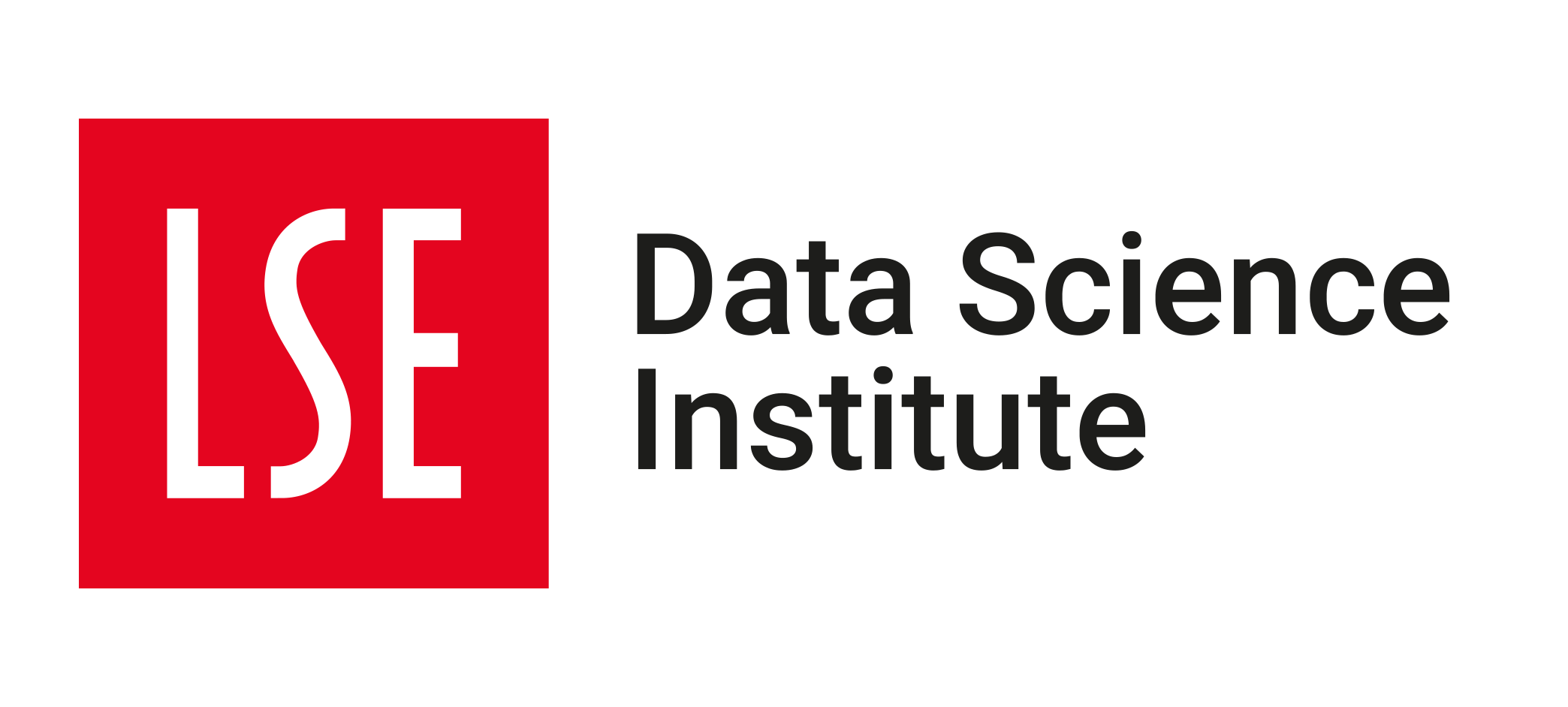🗓️ Week 03 - Computational Thinking and Programming
2022/23 Lent Term
This week, we will keep exploring the Computer Science side of Data Science. We will discuss how to approach problems the computational way then, and then we will practice the art of creating algorithms.
You will also learn about the R vs Python debate, and we will introduce you to some of the essential tools used by data scientists to organise their code.
👨🏫 Lecture Slides
Either click on the slide area below or click here to view it in fullscreen. Use your keypad to navigate the slides. You can also find a PDF version on Moodle.
🎥 Looking for lecture recordings? You can only find those on Moodle.
✍️ Coursework (Formative)
This week, I would encourage you to take some time to learn a bit of R. Your programming skills will not be assessed in this course, but this is the perfect opportunity to learn the basics and see how you feel about it.
After installing R AND RStudio 1 as per the lab instructions, try the following:
Ready for a more serious try? LSE DSI students can get a premium license to a Dataquest course in R. Join the PS-R4DS 22/23 Moodle page and read the instructions carefully for how to gain access.
📚 Recommended Reading
- Check the end of slides for the list of references cited in the lecture.
- Check the 📔 Syllabus for this week’s complete list of indicative and recommended readings.
📟 Communication
- Post your reflections, questions, and links on Slack’s
#topic-programmingchannel.
References
Footnotes
Check (Grolemund 2014, Appendix A) for installation instructions.↩︎
